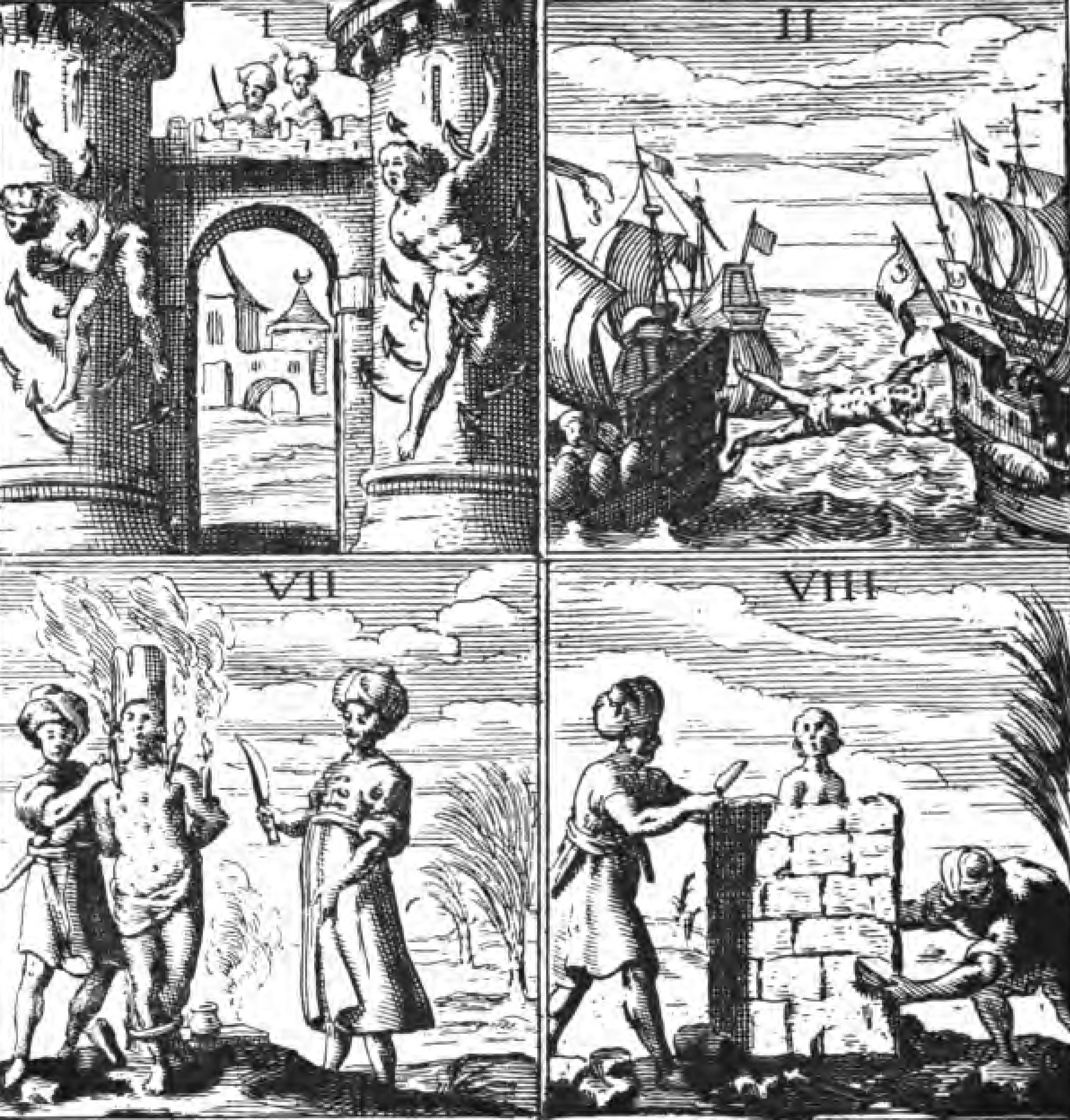As the anniversary of the 9/11 attacks in the U.S. approaches, we suggest that you review the principles of just war described here by Dr. Michael Corgan. Then consider:

- Can the extremists who made the attacks in 2001 justify them based on just war principles?
- Was the U.S. response to those attacks consistent with just war principles?
First, it is clear that the 9/11 attacks violated most–but perhaps not all–of the generally accepted principles of a “just war.” Specifically:
- It was not undertaken as a last resort.
- It was not committed by a legitimate authority.
- It was committed in pursuit of a hopeless cause, which is not morally justifiable according to just war principles.
- Establishing peace was not the goal of the attack (as stated by Bin Laden himself).
- The attackers did not discriminate between combatants and civilians; worse, they deliberately targeted civilians.
Whether the attack violated two other just war principles is a matter of debate. Specifically, for a war to be just:
- It must have a just cause. Although some people around the world would argue that there was some truth to Bin Laden’s diatribe concerning American aggression against Muslims in the Middle East, the attacks were not undertaken to prevent or stop a genocide.
- The violence inflicted must be proportional to the injury suffered. The death, pain, and destruction created by the attacks was tremendous. Was it disproportionately high in relation to any violence the U.S. might have been responsible for prior to the 9/11 attacks?
Finally, many proponents of just war theory in the U.S. (including President Jimmy Carter) have argued that the post 9/11 attack on Iraq by the U.S. was also not a just war. As you consider the just war principles stated above, what do you think of this question?
Listen to what this Iraq war veteran says:
Kathie Malley-Morrison, Professor of Psychology



